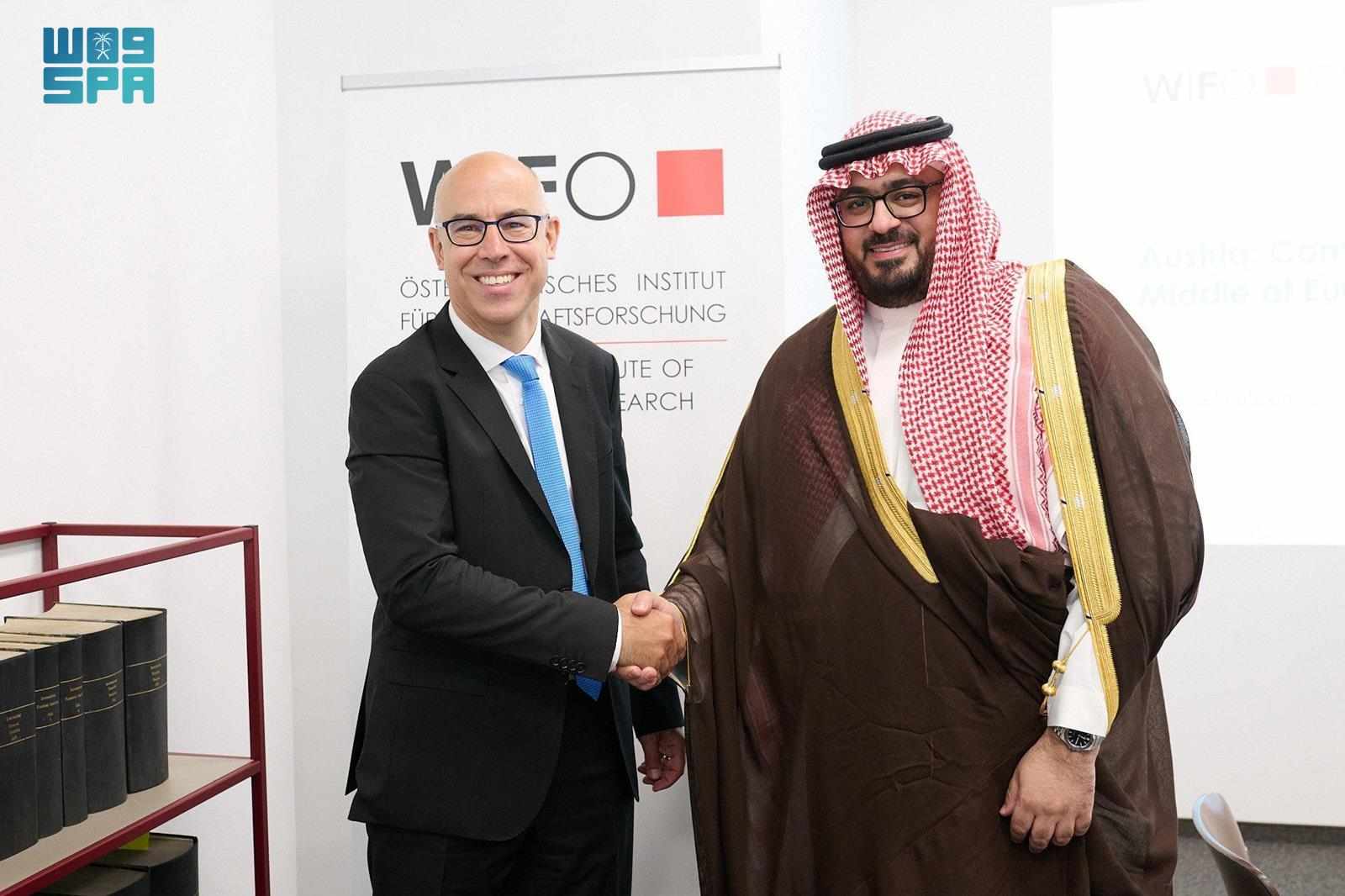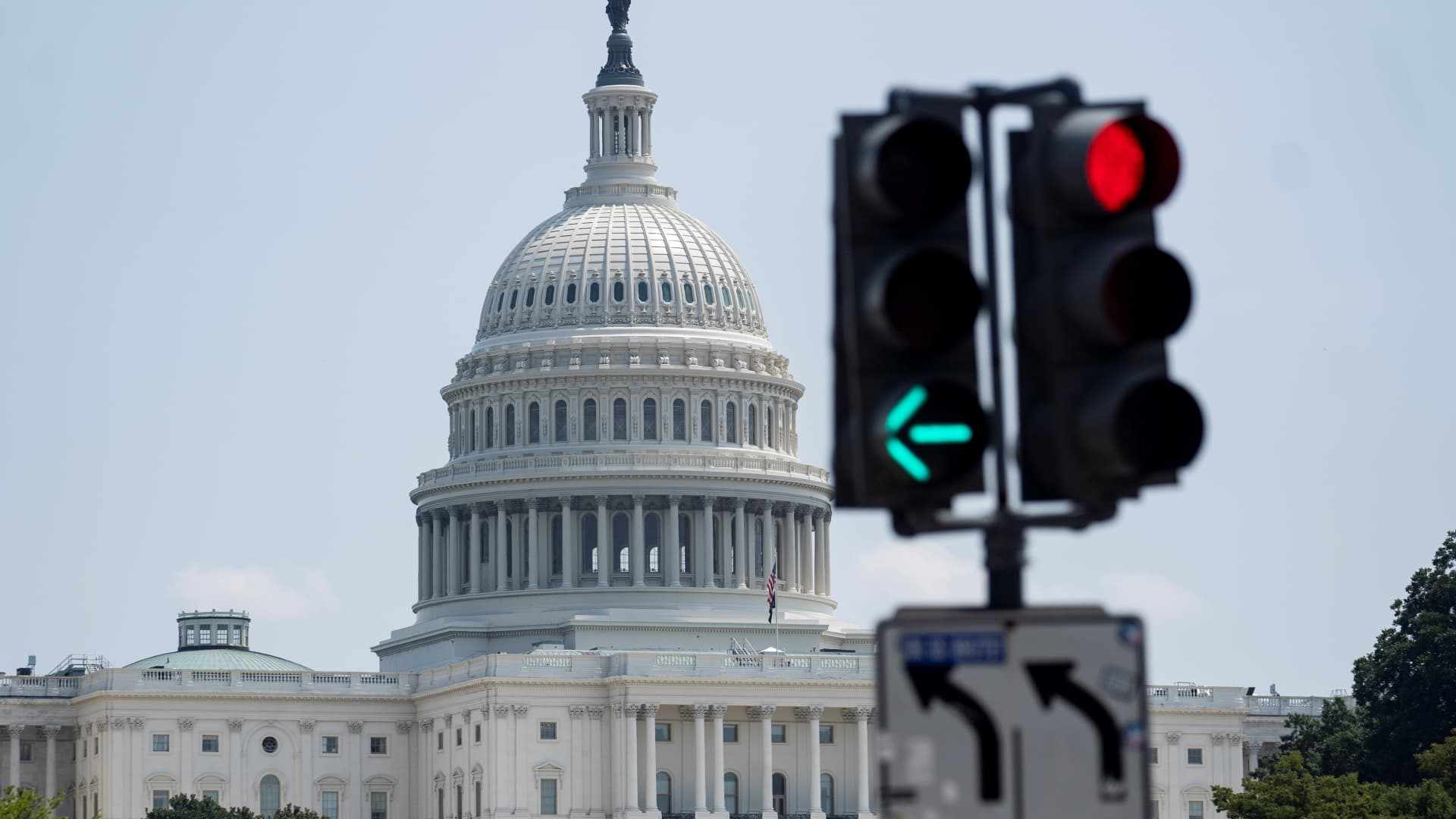Will the second wave of mergers and acquisitions in GCC banking continue to gather pace?
- Date: 08-Jul-2021
- Source: Bizbahrain
- Sector:Financial Services
- Country:Gulf
Will the second wave of mergers and acquisitions in GCC banking continue to gather pace?
More than a year after the initial onset of the coronavirus pandemic, the Gulf banking sector is seeing an increase in mergers and acquisitions (M&A), as lenders continue to deal with the economic fallout. In fact, in May last year , with most institutions expecting constrained profitability despite performing well in risk indicators. A report published by S&P Global Ratings in March noted that the long-lasting adverse effects of the 2020 shock are likely be felt particularly keenly in the UAE, Oman and Bahrain, and less so in Saudi Arabia and Qatar, and that a second wave of M&A could sweep further across the region as the full impact of the subdued economic environment becomes more visible. The so-called second wave follows an earlier run of M&A in the region – seen most prominently in the UAE – triggered by the 2014 oil price slump. A particularly emblematic tie-up came in 2019 with the MENA region's largest merger to date, between Abu Dhabi Commercial Bank, the Union National Bank and the Abu Dhabi-headquartered Islamic finance institution Al Hilal Bank. The merged entity became the UAE's third-largest bank, with an estimated $114.4bn in assets. Many analysts expected that the






















